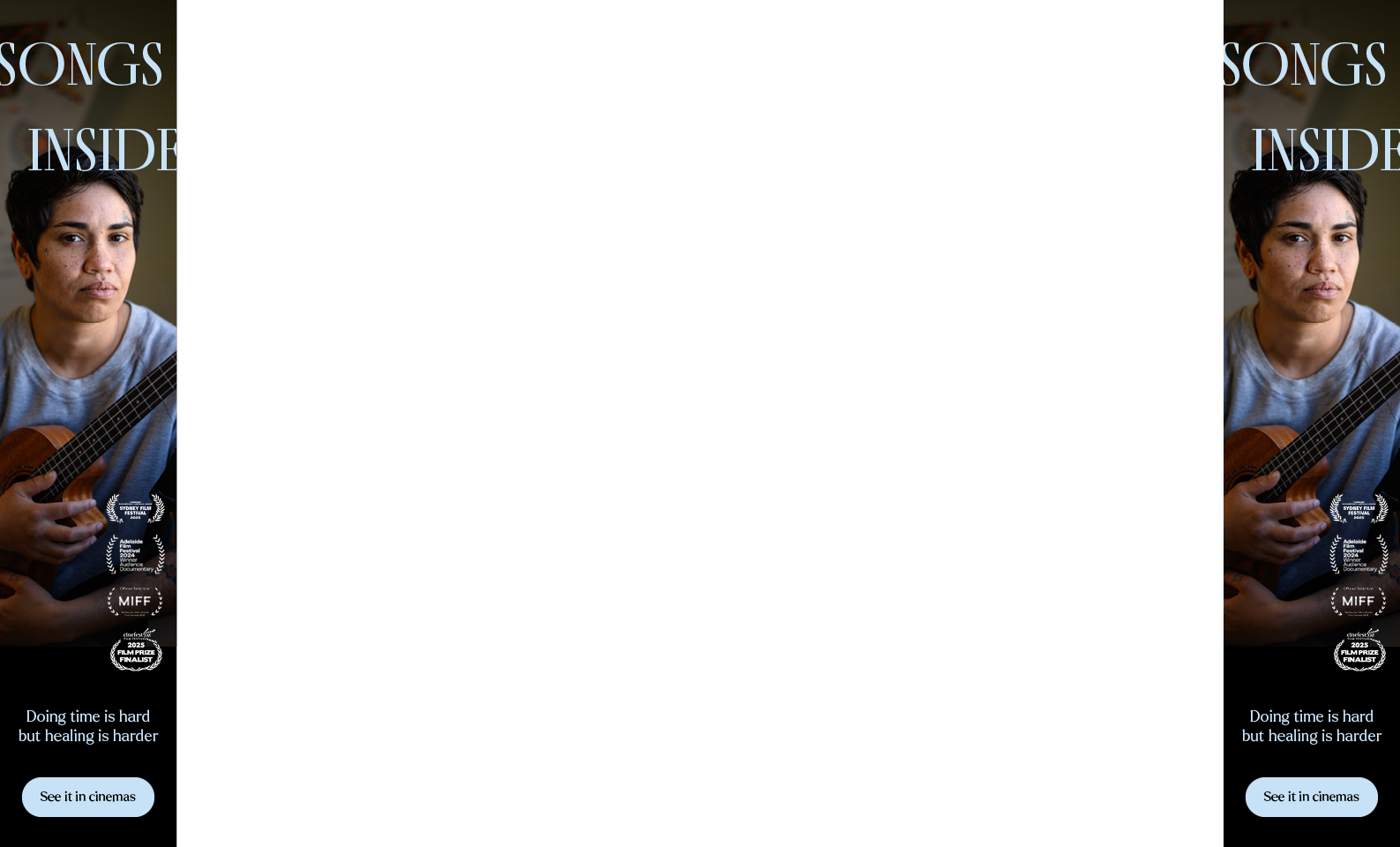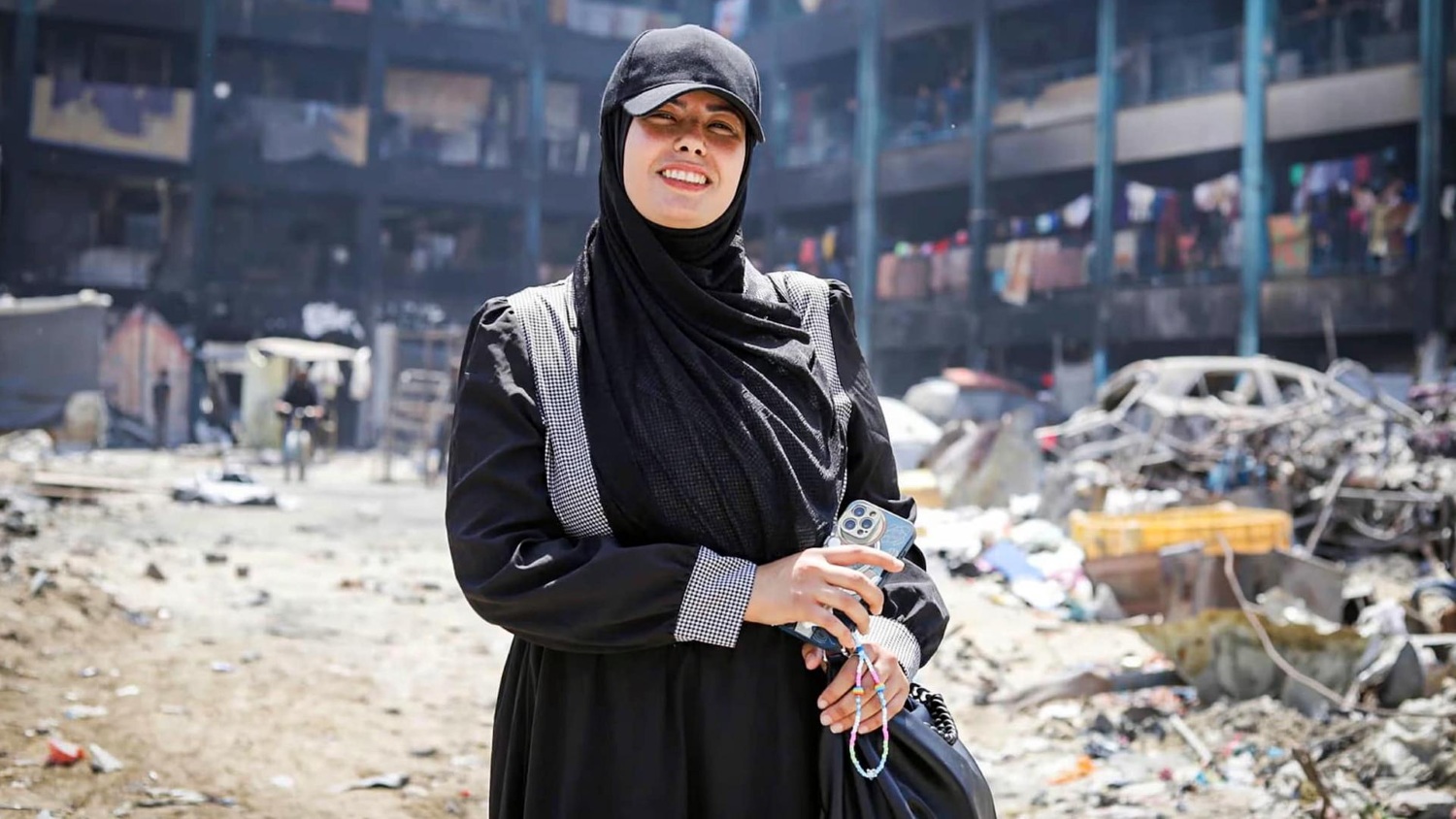by Alireza Hatamvand
Worth: $12.00
FilmInk rates movies out of $20 — the score indicates the amount we believe a ticket to the movie to be worth
Cast:
Fatima Hassouna
Intro:
... no matter how humane and enlightening the film may be, it suffers to some extent from the lack of a clear cinematic form.
This year’s Cannes Film Festival opened distinctively. Juliette Binoche, the president of the jury, chose — out of all the things she could have said — to speak words in memory of Fatima Hassouna, the Palestinian photographer who was killed in the Israel–Palestine war: “She should have been here among us this evening. Art remains. It is a powerful testimony of our lives and dreams; and we, the audience, embrace it.” Her remarks raised a series of questions: Who exactly is Fatima, and why has she affected the film community to such an extent?
Everything goes back to the film Put Your Soul on Your Hand and Walk. Sepideh Farsi, the Iranian director, begins her documentary in Egypt, and through conversations with one of the Palestinian refugees living there, she becomes acquainted with a young photographer named Fatima Hassouna, who is still living in Gaza under the fire of the war. Farsi obtains Fatima’s contact information, reaches out to her, and a series of video calls over the course of roughly a year becomes the foundation of her documentary.
Throughout these calls, the information we receive is direct, uncensored, and unmanipulated: what people in Palestine do while living under war and bombardment; how they manage to find food; how they access clean drinking water; how they stay safe from missile strikes; and, above all, how they do not lose hope. Fatima answers all of these questions. Her video calls with the director, along with the photos she takes of the destroyed buildings and streets of Palestine, pull the viewer into the heart of these events and confront them with the reality of war.
But even more striking than the destruction and killings is Fatima’s extraordinary spirit. She is still full of dreams. She still remembers the last night before the war. She has already made plans for the days of peace ahead, and she waits for them. This is what sustains Fatima, her people, all war-stricken communities in human history, and, of course, this documentary.
Obviously, cinema and art mean nothing when weighed against human life. But once a film becomes the subject of film festival celebration, its cinematic aspects can’t simply be set aside. The truth is that, no matter how humane and enlightening the film may be, it suffers to some extent from the lack of a clear cinematic form. Nearly 90 percent of the film unfolds through Sepideh Farsi’s video calls with Fatima — moments in which Farsi simply holds her camera up to her phone screen and films their conversation without any pretension or artifice. While these calls may succeed in conveying unfiltered truth and creating an atmosphere, watching roughly a hundred minutes presented this way becomes somewhat dull.
Another issue is the looseness of these calls and the flow of information. Although Farsi holds a relatively gentle yet firm authority over Fatima and sometimes guides the conversations in different directions, these attempts do not help resolve the film’s lack of structure.
It seems that Farsi has built her film on the premise that each call must deliver information that sheds light on the situation in Palestine during the war — an approach that relies heavily on the audience knowing very little about the details of the Israel–Palestine conflict.
In any case, Farsi has clearly prioritised her social mission over everything else with this documentary. And when a film built on such intentions manages to move Cannes to such an extent — prompting filmmakers to sign and release statements in support of the victims of war — it becomes difficult not to call it a success.
Even though the film ends with a relentless bitterness rarely seen in the history of cinema, as the brave and lovable Fatima is killed along with all the members of her family, what is likely to stay with you years later is simply her smile — a smile that never fades in the face of the world’s harshest tragedies, and that kept saying, in her broken English: “It’s OK. It’s normal.”




